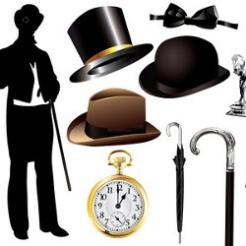As sector transparency grows, increased awareness of the salaries of charity employees has sparked debate and outrage amongst members of the public. But is this the beginning or the end of the 'Charitocrat', wonders Niki May Young.
It’s not a word that I can claim ownership of, but as soon as I heard it, I knew I had to use it. 'Charitocrat' is a term recently applied by one of civilsociety.co.uk’s commentators in reference to those charity employees who earn very large salaries, and receive even larger payouts from the charities upon exit.
I’m afraid I don’t toe the party line when it comes to the issue of charity employees’ salaries – I find it abhorrent that anyone could claim upwards of £100,000, which would otherwise be very well spent directly (key word) on the cause, to furnish their presumably rather comfortable, if not lavish, lifestyles.
I know that in this particular forum this statement may not be well received, certainly not by anybody who fits into this pay bracket. But it is an opinion based on my ethical ideals and are we not all, in this sector, in the business of ethics?
Don’t get me wrong, I’m aware that it’s a competitive world, that sometimes to get the best people who can get the best results, you have to pay the best salaries. And I certainly am not in the camp that believes that charities should be constructed entirely of volunteers - we live in the real world, where people require real money to survive. But what we have witnessed in the case of Amnesty International Ltd, the non-charitable trading arm of Amnesty International, following the payment of a £533,103 salary and severance package to its former secretary-general Irene Khan and £325,244 to her deputy Kate Gilmore, illustrates that the public has a very strong ethical approach to such payments too.
Our comments board continues to receive exclamations of donors' revocation of support for the charitable arm of Amnesty, and a member of Amnesty staff advised civilsociety.co.uk that there had been an increase in cancellations, without being more specific.
The fact is that stories such as this leave a bitter taste in the mouths of donors. With the move towards greater transparency in the sector, the public are more aware than ever of the Charitocrat, and with financial constraints being felt unanimously, they are perhaps more willing to move with their feet and reject those charities which employ such people.









